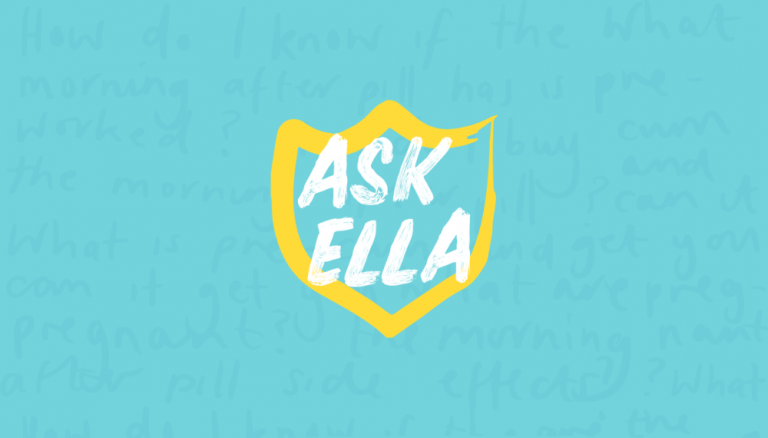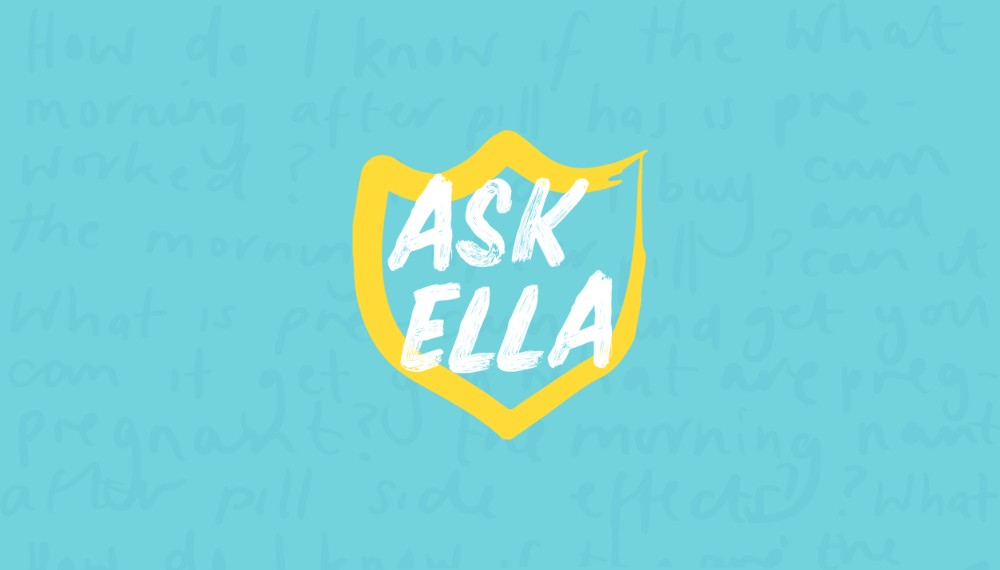One question people are always asking us is whether the morning after pill makes you bleed. Some people are even alarmed if they don’t bleed after taking emergency contraception, taking this as a sign that it hasn’t been effective.
We are always on a mission to get expert answers to your questions so you have the information you need.
Should the morning after pill make you bleed? We spoke to SH:24, a free online sexual health service, delivered in partnership with the NHS and Umbrella, a Birmingham-based sexual health service, to get expert insights into this question.
Does the morning after pill delay your period?
The only way you can know if the morning after pill has worked is to wait for your period.
“You should get a normal period roundabout the time that you would expect one after taking the morning after pill, but because it works by delaying ovulation you may find that the period is a little delayed,” says Dr Gillian Holdsworth*, SH:24 & Fettle Managing Director.
Your period can be delayed by up to seven days after taking an emergency contraceptive pill. We advise you speak to your healthcare provider (like a GP or pharmacist) if it is later than seven days or if you have any concerns about pregnancy.
Can the morning after pill make you bleed outside of your regular period?
Some people experience bleeding in-between periods after taking emergency contraception. We spoke to Umbrella to find out why this sometimes happens.
“A few women – 10 – 15 % – can suffer from inter-menstrual bleeding when the emergency contraceptive pill is taken. This is due to hormonal imbalance, as an external hormone is given in a large single dose (and then withdrawn i.e. not given continuously). This then causes the lining of the womb to shed irregularly which gives rise to the bleeding,” said a representative from Umbrella.
This type of bleeding is listed as a side effect of hormonal emergency contraception and isn’t normally a cause for concern. We recommend you contact your health care provider if you have been bleeding for longer than seven days or if you are experiencing any pain or discomfort.
What Is Spotting?
Spotting is light vaginal bleeding or brown discharge in-between periods. Basically, spotting is any vaginal bleeding not associated with your period, although it can often be mistaken for a period. Sometimes menstruation can start with light spotting and/or end with brown discharge, which is perfectly normal.
People with uteruses can also experience light spotting around ovulation and may have light spotting for one or two days in the middle of their cycle. Spotting which occurs around ovulation may be accompanied by light cramps.
Other reasons for vaginal spotting
Spotting often occurs in the first few weeks of pregnancy and is known as ‘implantation bleeding’ when the fertilised egg attaches itself to the uterine wall.
While spotting can occur during pregnancy, there are a lot of other reasons you may experience spotting. When you first start using or change your birth control, you may experience spotting. This can happen with the pill, the IUD and sometimes if you’ve taken emergency contraception (see above)
Spotting can also sometimes indicate an STI (Sexually Transmitted Infection), Polycystic Ovary Syndrome (PCOS), a benign growth, or trauma. If you are pregnant, spotting can sometimes be related to miscarriage or ectopic pregnancy. In very rare cases, spotting in between periods or after sex could also be a sign of certain cancers, such as cervical cancer.
While spotting often isn’t a cause for concern, you should contact your healthcare provider if you are pregnant, if the spotting is continuous, if you have experienced spotting unexpectedly (i.e. if you don’t normally get it and suddenly you do), if you are going through or have already had the menopause, or if you are experiencing pain or discomfort.
Have a question about sex or contraception? #AskElla
Our #AskElla series was designed to answer your most asked questions and empower you with the tools you need to make informed decisions. We talk to sexual health charities, pharmacists and helpful organisations to ensure we are providing you with accurate information.
If you have a question you’d like to ask us about sex or contraception, slide into our DMs on Instagram, Twitter and Facebook @ellaOneUk.
We also have our Ella chatbot which was designed to answer your queries about the morning after pill, so you can also have a chat with her on Facebook messenger @ella.chat.UK.
*The healthcare professionals cited in this article do not endorse any products or brands.
ellaOne® 30mg film-coated tablet contains ulipristal acetate and is indicated for emergency contraception within 120 hours (5 days) of unprotected sex or contraceptive failure. Always read the label.






